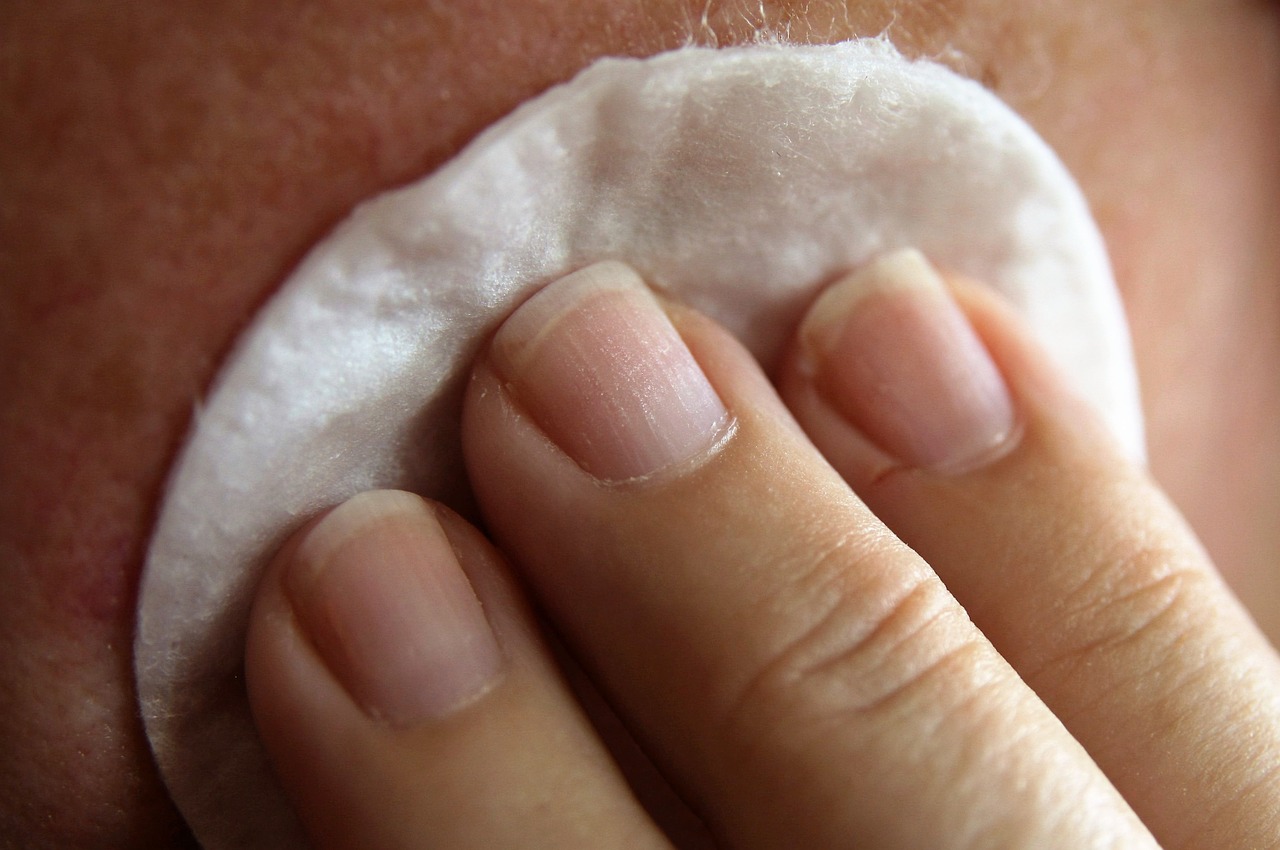
Are Your Well-Intentioned Skincare Techniques Actually Making Your Acne Worse?
Many individuals with acne become so fed up with their skin that at some point, they decide to do everything they can think of to fight their blemishes. While a dedication to proper skin care is helpful for treating acne, many of the skincare habits that people adopt actually do more harm than good. Here’s a look at some well-intentioned skin care techniques that you’re better off avoiding.
Scrubbing Your Face
You might presume that by scrubbing away every last bit of dirt and oil, you’ll prevent future blemishes from forming. But excessive and aggressive washing can actually irritate your skin, causing it to overproduce sebum, which clogs your pores and may make breakouts worse. Plus, scrubbing your skin can increase inflammation, causing your existing blemishes to look redder and more irritated.
Put away your scrub brush or old washcloth and wash your face with just your hands or with a very soft cloth. Also, avoid abrasive exfoliating cleansers and opt instead for a gentle foaming cleanser without any grit or beads.
Using a Washcloth Incorrectly
If you use a soft washcloth and launder it after every use, then you’ll probably be okay to keep using it. However, most people tend to re-use their washcloths, which can make acne worse. Each time you wash your face, the washcloth picks up bacteria, which then replicate on the cloth and are reintroduced to your face the next time you wash.
If you really want to wash your face with a cloth, invest in soft, white washcloths so you can wash them with bleach after every use.
Using Multiple Acne Treatment Products
An acne wash in the morning and evening, acne-fighting makeup all day, an astringent toner for the evening, and a spot-on blemish cream at night — that’s a great regimen, right? Probably not. Using more than one acne treatment product at a time, unless recommended specifically by your dermatologist, is likely to leave you with red, peeling, itchy skin rather than the soft, clear skin you desire.
Pick one treatment product, and use mild, non-medicated versions of all other skincare products. If your dermatologist recommends that you use several products at once, use his or her advice. He or she has verified that the active ingredients in those products won’t interfere with one another and cause worrying side effects.
Avoiding Moisturizers
Oily skin and acne often go hand-in-hand, so it might seem like you should avoid moisturizing your face to prevent blemishes. However, most acne washes and treatments are drying to the skin. If you don’t add moisture back to your skin with a good moisturizer, your skin may over-compensate by producing even more oil, which can actually make blemishes worse. Moisturizing your skin can also loosen up sebum that blocks your pores before blemishes have a chance to form.
Instead of forgoing moisturizers entirely, use a moisturizer that’s compatible with your skin. Water-based, oil-free moisturizers work well for many individuals. Some people find that formulas containing hyaluronic acid work well, since this ingredient pulls water into the skin, helping it maintain its natural moisture levels.
Trying New Products Consistently
You try one acne treatment product and your skin seems the same, so you move onto the next one. A few days later, you reach for yet another product, hoping this one will cure your acne woes. Does this scenario sound familiar? Constantly changing from product to product is unlikely to result in the perfect acne cure.
It can take several weeks to several months for your skin to respond to a new treatment, so give a treatment time to work before you judge its effectiveness. Be aware that some acne treatments — especially those that contain retinol — may even make acne worse before making it better.
If you suffer from acne and struggle to find a treatment that works for you, see a dermatologist. Contact Asheboro Dermatology & Skin Surgery Center to schedule your appointment. We’ll help you find a treatment that fights your breakouts safely and effectively.
